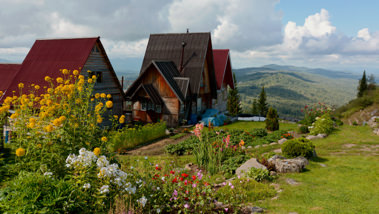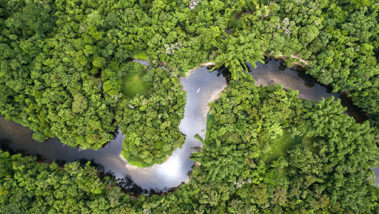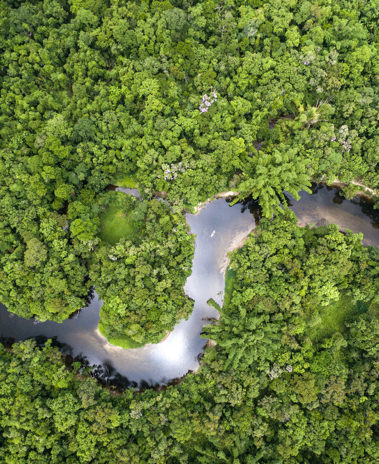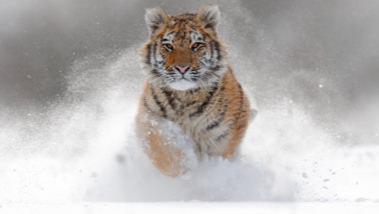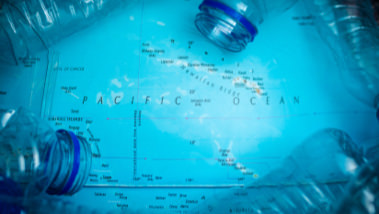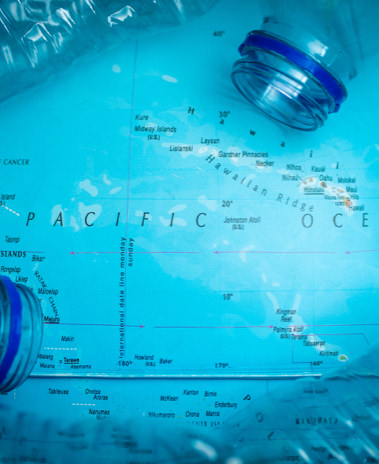#nature
The respect for the environment, flora and fauna or the defense of the nature are essential in fighting climate change. Iberdrola group promotes the biodiversity in ecosystems by supporting the cultural heritage development, apart from encouraging cultural and social awareness in this regard.
-
Ecovillages are small, self-sufficient communities that live from and for their natural surroundings. There are more than 10,000 ecovillages in the world, mainly in rural areas where their inhabitants build societies based on cooperation, self-sufficiency, renewable energies and ecological materials. Find out how they work...
Since the Paris Agreement, one term is being used in all the conversations on climate change: mitigation. The aim is to reduce emissions of polluting gases into the atmosphere and one of the ways to do this is to increase the presence of carbon sinks on Earth.
-
Los expertos estiman que el 99 % de los animales que una vez habitaron el planeta ya no existen y, sin duda, la mano humana ha tenido mucho que ver con estas desapariciones. Sin embargo, en otras ocasiones ha logrado que algunas especies sobrevivan gracias al conservacionismo ambiental. Conoce a diez animales salvados de la extinción.
Invasive alien species are species that have been introduced, either naturally, accidentally or intentionally, into an environment that is not their own. After a certain amount of time, they adapt to their new environment and begin to colonise it. Such species are the second biggest cause of loss of biodiversity in the world, according to the United Nations Development Programme (UNDP). Below, we take a look at some of the most harmful.
-
Its nickname, the eighth continent, says it all, and is no exaggeration. Lying between California and Hawaii, the Great Pacific Garbage Patch is three times the size of France and is the world's biggest ocean waste repository, with 1.8 billion pieces of floating plastic which kill thousands of marine animals each year.
The SARS-CoV-2 virus and the disease it causes, COVID-19, was one of the greatest threats to humanity in the 21st century. Although the pandemic is now behind us, biosecurity remains essential to prevent health and environmental risks stemming from exposure to disease-causing biological agents.






